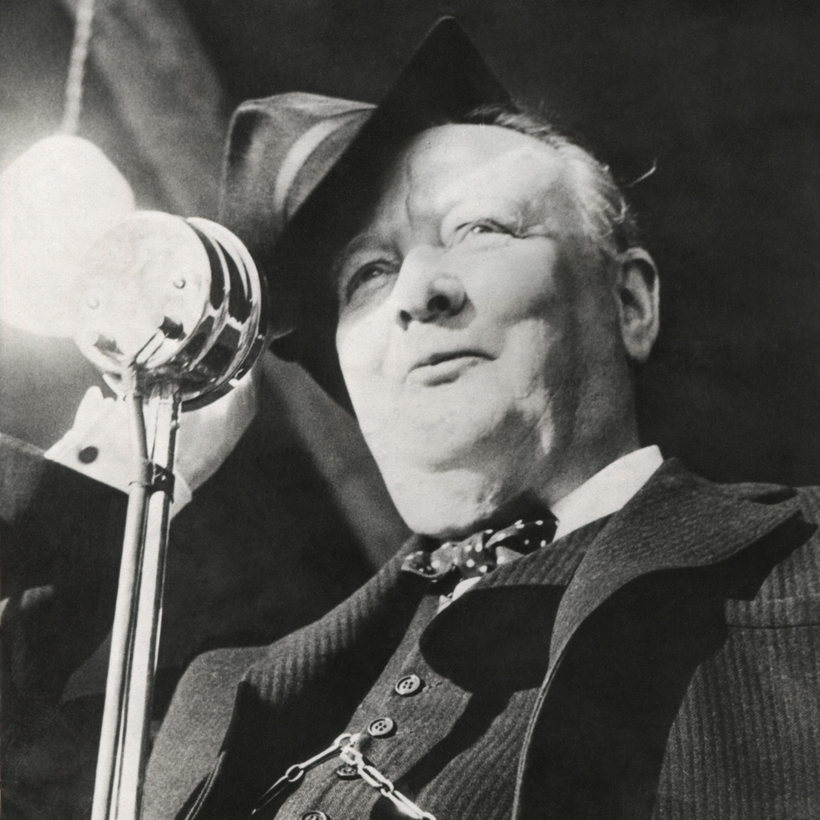Churchill’s Shadow: The Life and Afterlife of Winston Churchill by Geoffrey Wheatcroft
Unreliable, unprincipled, a fat and foolish fantasist, this prime minister was a jackdaw of a journalist, a “veritable Rossini of rhetoric” who was addicted to photo opportunities and three-word slogans. He was hopeless at detail, had money worries despite earning a fortune from his writing, and was a poor judge of character whose aides included oddballs.
His father neglected him and he had a difficult relationship with some of his children; yet somehow, to the horror of the establishment, this sybaritic chancer prospered politically, remaining unscathed by a score of scandals any one of which would have sunk a less buoyant craft.

